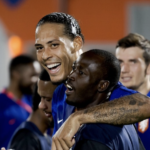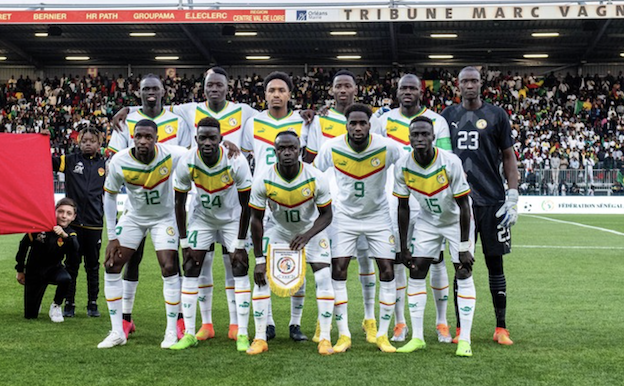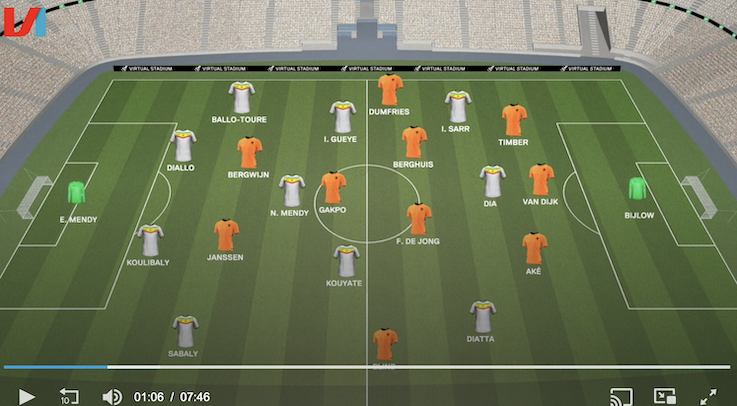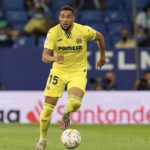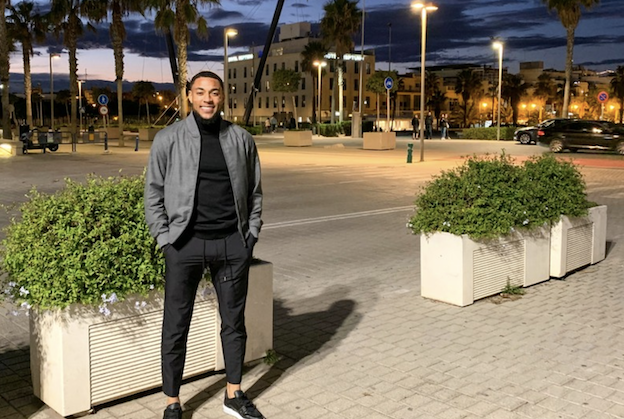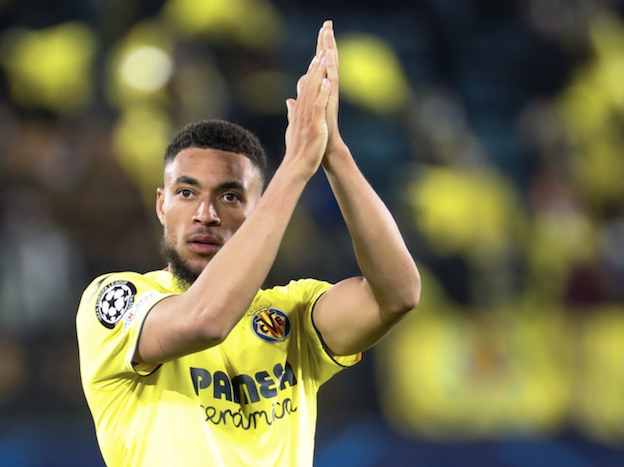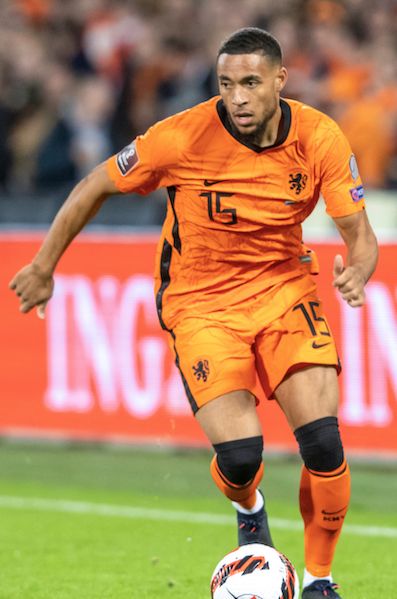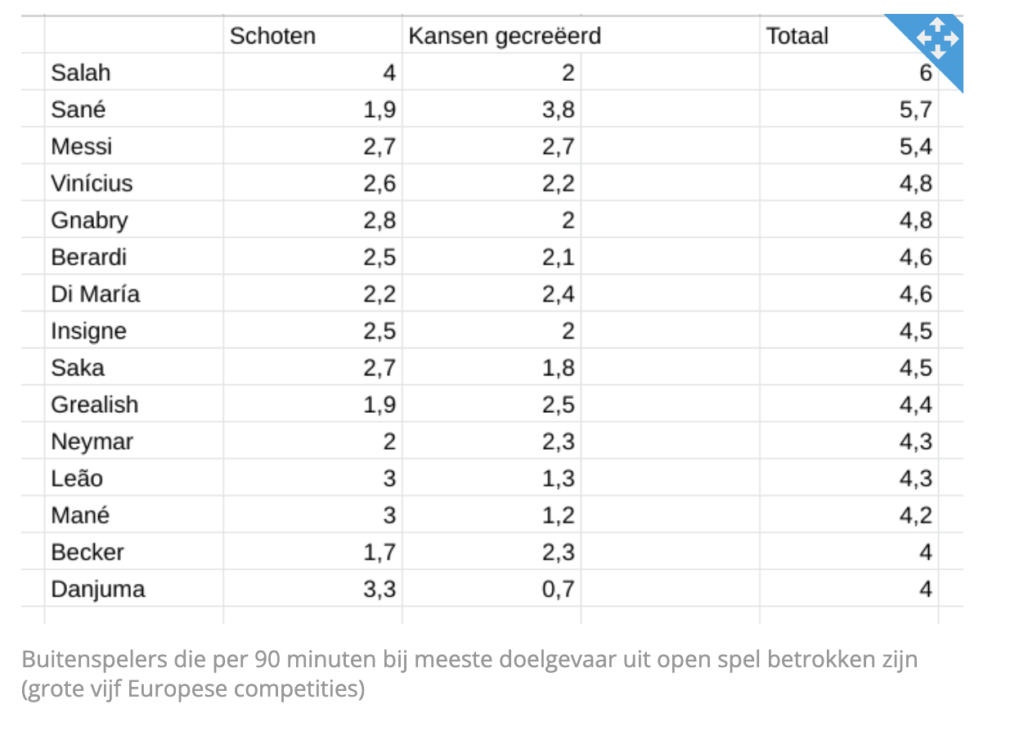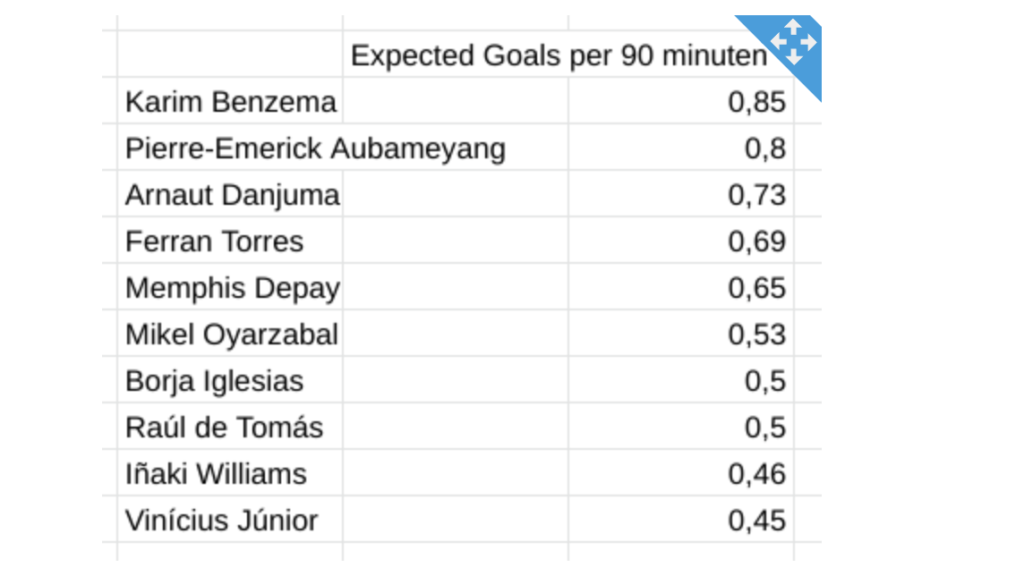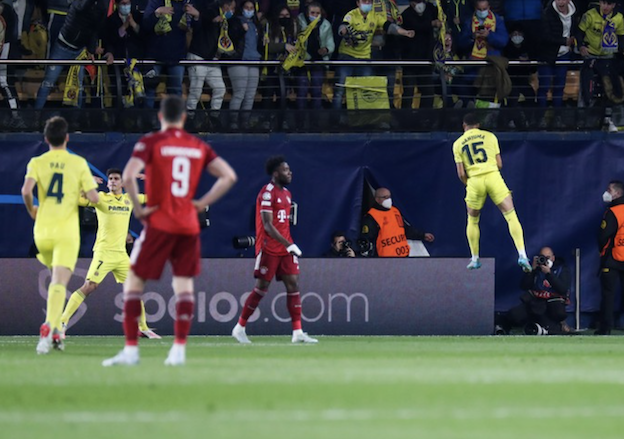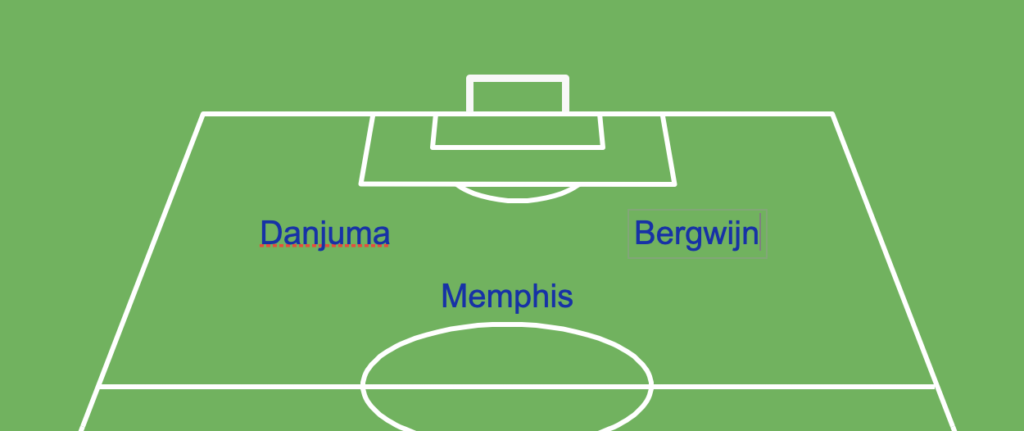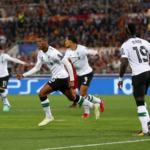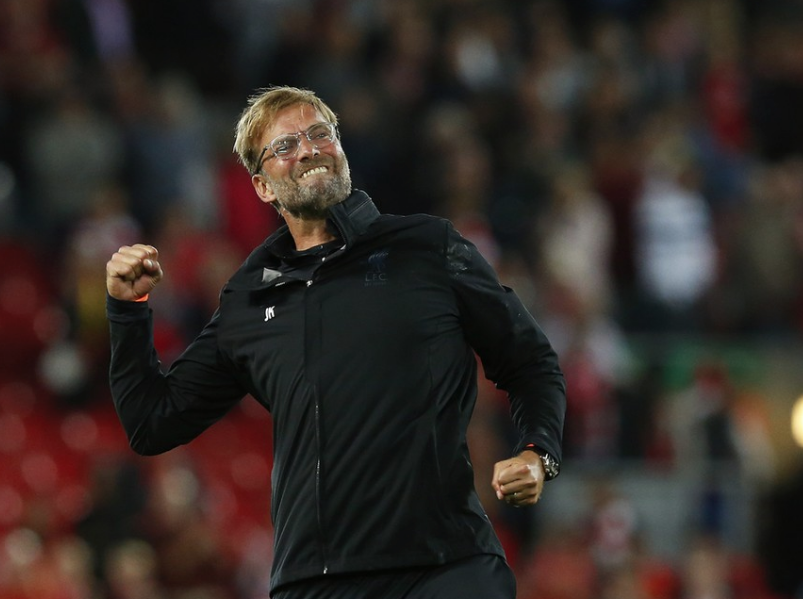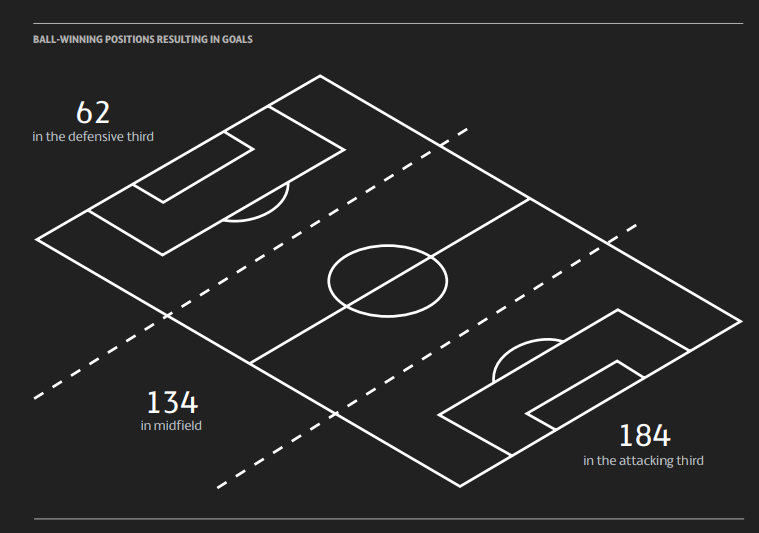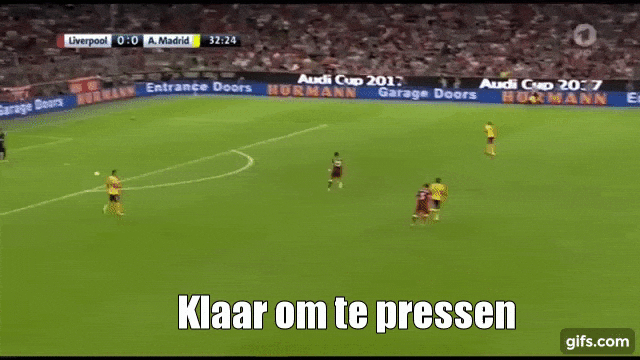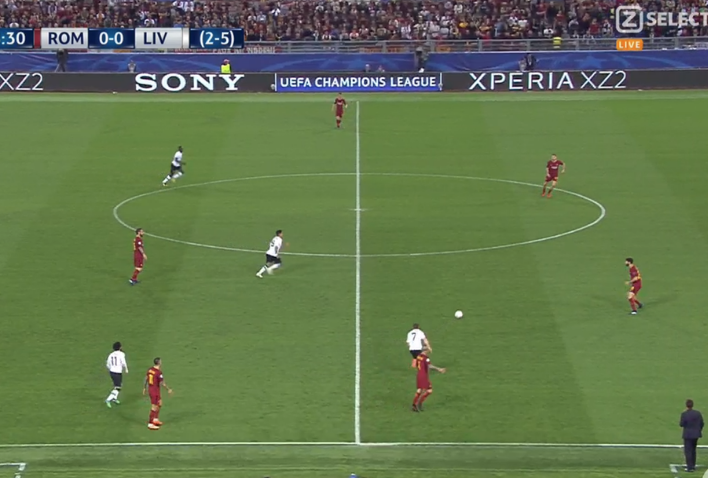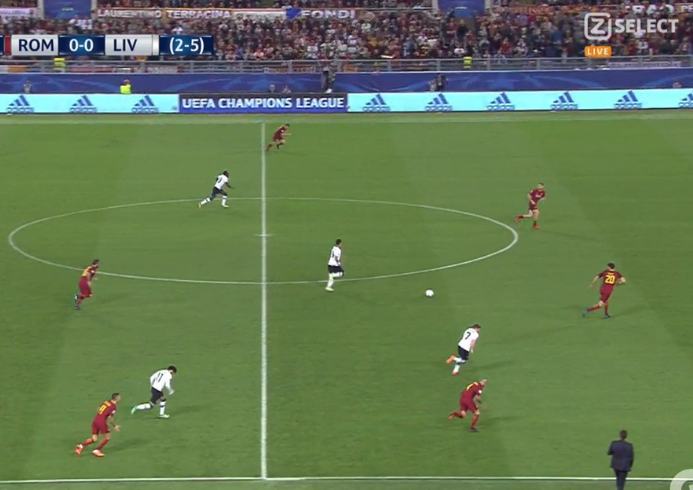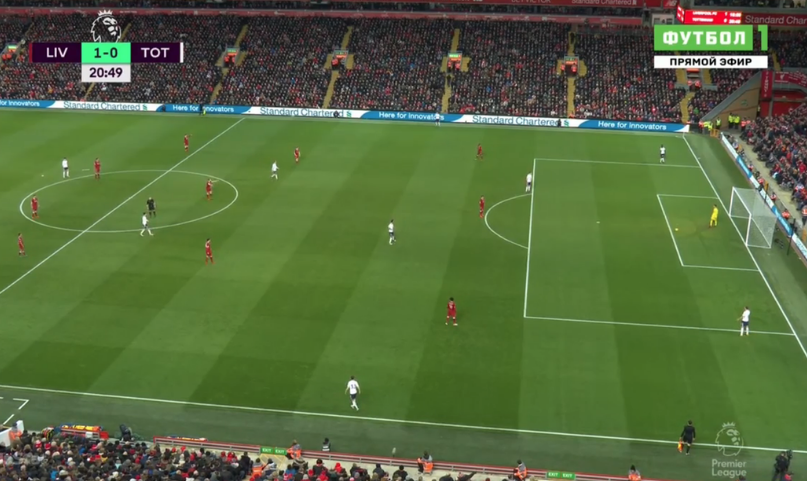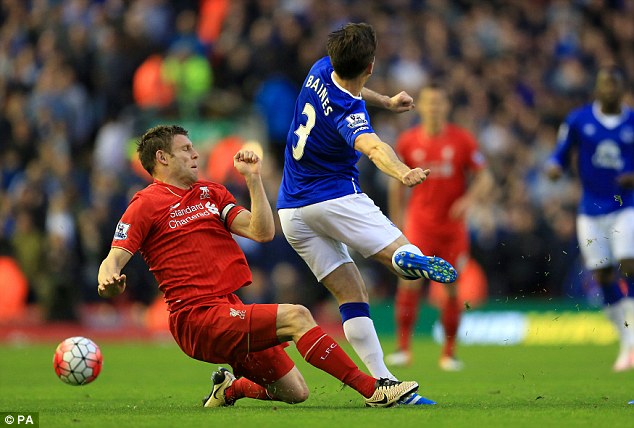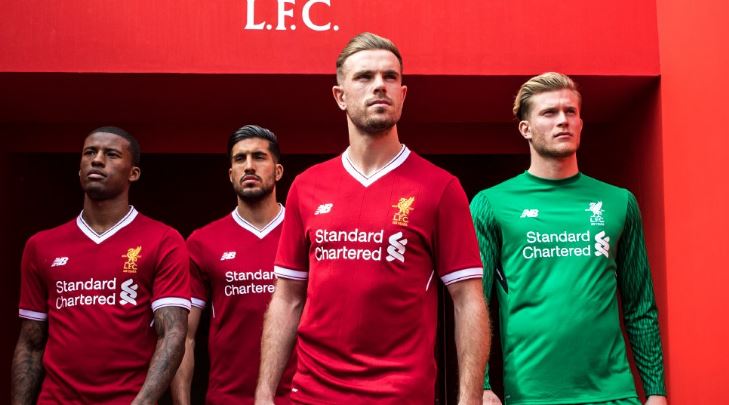We will keep on doing more “The Road to” posts in the coming weeks, unless Oranje and the other nations are really impressing up the gazoo, but if not and I have time and space, I will keep on making profiles for the Dutchies.
The team has arrived in Qatar and LVG has given his first presser, the key thing that stuck out: a confrontation with Telegraaf journalist who had one more question on Cillesen. Louis the Sun King was not impressed and had another dummy spit. And the next thing was Louis raving about the amazing infrastructure and fascilities in Qatar. Oh, the irony…
Yesterday, the team was considered “settled in” and they had a public training session with the token workers and labourers, as a bit of a “thank you” for the sacrifices (…). Where the US, England and the Canada teams all did this too, but behind closed doors, Oranje had their joint training session with the media present.
I think it’s great that the players do this, but I think the real solutions need to come from higher up of course.
Oranje draait warm bij 32 graden #WorldCup2022 #Oranje pic.twitter.com/Rv1y41451z
— simon zwartkruis (@simonzwartkruis) November 16, 2022
Frenkie was seen chatting with one of the workers, using gestures and sign language it seems… After the conversation, the media asked Frenkie what this was about. Frenkie: “I actually asked him about his living conditions here, and how he was doing but he didn’t want to talk about it. He only wanted to talk football. He told me that he thought I needed to go to Liverpool….”.
KNVB’s Gijs de Jong: “This is not just a token gift. We have been speaking to the differend delegations of labourers here and this is what they wanted. They had to wishes: pick a hotel that treats its workers well and keep on talking about this topic in the media during the tournament.”
Van Gaal was open to have his players mingle with the labourers present but then went into Dictator Louis mode during the trining. He played 11 v 11 with the B-team copying the way Senegal is supposed to be playing. This was all behind closed door as he would have selected his starting eleven for the Senegal game. Later they played some kicking and passing practices and the Dictator was really cracking the whip.
Oranje doet toernooitje 8 tegen 8. Zegt nog niks, maar 1 ploeg bestaat uit Van Dijk, Aké, Timber, Frenkie, Gakpo, Janssen en Bergwijn. En Noppert #WorldCup2022 #Oranje pic.twitter.com/4lttB5srBK
— simon zwartkruis (@simonzwartkruis) November 17, 2022
In the 8 v 8 practices later, it’s again full speed. Memphis is playing the full session and at full throttle. Another interesting point: Noppert is the goalie behind the assumed back three of Ake, Van Dijk and Timber.
Skipper Van Dijk explains: “The KNVB gets requests from the Qatar delegations to do this or that. They then bring it to the players committee. As a skipper, I am in that. We accept the proposition and then bring it to the squad. We have decided that if 1 player is not comfortable doing it, none of us will do it. For now, we all support what we have set out to do.”
So, we saw the team wear a Football Supports Change shirt at the start of World Cup qualfiers, and the One Love captains band for Van Dijk during the World Cup. The KNVB is also pushing for a compensation fund to be set up by the FIFA. Some people think it’s all not enough, although the Dutch seem to do more than most other nations. The KNVB has set up auctions of jerseys for which the revenue is used to assist migrants with legal aid and social activities. The Dutch labour union FNV is also involved with support internationally.
We had some special guests today. 🧡
After our training today, a group of migrant workers joined our players on the pitch. To talk, draw extra attention to their situation & to play football. ⚽️#NothingLikeOranje #FootballSupportsChange pic.twitter.com/G4Ts7fVP1R
— OnsOranje (@OnsOranje) November 17, 2022
The KNVB has never hidden their disgust of the Qatar choice for this World Cup. In 2010, we didn’t vote for Qatar and when they got it, KNVB director Van Oostveen said: “It is crap, it was crap and it will always be crap.” Not sure if this was about the FIFA decision or his own role in sacking Hiddink, then Blind, then appointing Van Breukelen who then pissed off Henk ten Cate only to bring Advocaat back into the role…
Louis van Gaal has called the decision to give Qatar the World Cup: ridiculous.
And thus, Oranje played a nice match versus the labourers. There is laughter and taunting. Slidings and tackles are forbidden. Trickery is not. The whole show ends with penalty kicks, which does give the thing a different perspective. The penalty kick debate may have cost Flekken and Cillesen and it’s quite funny to see the Qatar migrants score one penalty after another against the three Oranje goalies.
🧡#NothingLikeOranje #FootballSupportsChange pic.twitter.com/6tSY35X43w
— OnsOranje (@OnsOranje) November 17, 2022
All nice, fun and games.
Time to focus on the first match!
It’s close now. What to expect from Senegal without Mane?
Coming Monday we play Senegal. They will most likely play with Sarr, Dia and Diatta upfront. Gueye and Kouyate in the midfield and Koulibaly and Diallo centrally at the back, with Mendy on goal. I am telling you: this is not going to be an easy match. Not at all!
The Senegal coach usually plays a 4-3-3.
But in their build up, Senegal will have the centre backs positioning wide, with a midfielder dropping in between while their full backs will move up the pitch. Not unlike Ajax plays. Usually, it’s Mane who drops into midfield a bit to make the numbers work, but with Mane out it remains to be seen if the replacement of Mane will play the same way. In any case, Van Gaal will want his backs to push up high and to take on their full backs, while the rest of the team will pivot towards that side. For instance, if Dumfries needs to put pressure on their left back, Timber will move into Dumfries’ position and all players will squeeze to the right, with Daley Blind ending up on the left centre back position.
When Oranje builds up, Senegal will most likely move into a 4-4-2 shape, to block the spaces. Mane and one of his partners will pressure our defense and the two midfielders will probably press onto the two Dutch holding mids. This will give great opportunities for our #10 (Gakpo or Berghuis) who can use the space behind their midfield to create something.
It could also be that the defensive shape of Senegal changes, due to Mane out. You could also expect a 4-3-2-1, If that happens, there will be chances for Timber or Ake, the free players, to dribble into midfield, to bait one of the Senegal players to bite, allowing Gakpo or Bergwijn to get into space.
My prediction for this match.
I think we’ll have a tough one. This is a good opponent, the conditions are not great and we’ll have the usual tournament stress I can imagine.
I am not sure who will play next to Frenkie. Koopmeiners seems to be the safe bet. He’s a bit in between Berghuis and De Roon.
I believe we will draw 2-2. I hope Janssen will get a World Cup goal and I believe Gakpo or Bergwijn will find the net as well. We’ll need to win our last two matches, which should be doable.

